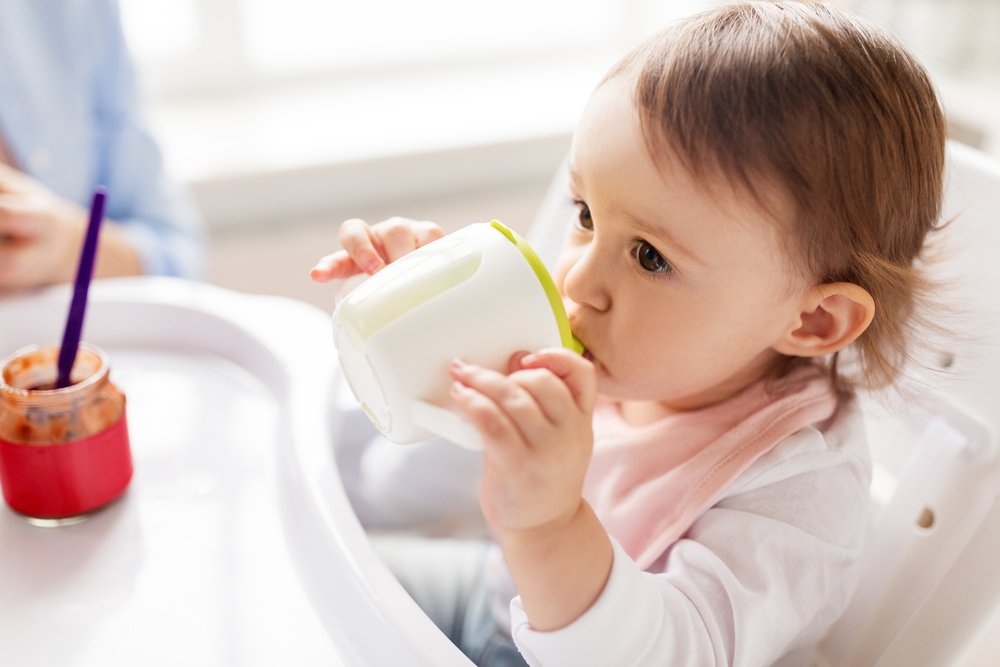Why is it a big deal to let go of the bottle and finally welcome the cup?
Key Points:
1. Transitioning from the bottle to a cup can be a significant change for a baby, but it’s essential due to dental health. Starting before age one and gradually introducing the cup is recommended.
2. Ease the transition by introducing the cup between 6-9 months, talking it up with your child, and gradually replacing bottles in less important meal times, avoiding abrupt changes to reduce stress.
Just like with any other toy or object, it’s likely that your little one has gotten used to and attached to the bottle. Although it seems to be a simple transition, it can represent a huge deal for your baby. Staying on the bottle for a long time has detrimental effects on your baby’s teeth and produces cavities, so plan ahead and begin gradually introducing the cup. There are different options you can choose from the wide variety of drinking bottles in the market, like pop-up straw cups, spill-proof bottle toppers, and regular cups. Most of these choices are spill-proof bottles and are really convenient for this transition.
Studies suggest that you’ll have an easier time doing this change if you start before your little one has reached the age of one. As a parent, you’re your child’s best judge of character and as such you’ll know when the time is right. Plan accordingly so that no mayor stressful events pile up with this, such as the birth of a new sibling or a big move.
There are a few simple steps you can follow to ease the transition:
- Introduce your baby to a cup. Let your baby get to know the cup between the ages of 6 and 9 months. You can show your child an empty one and let her get used to it first.
- Talk it up. Three days before you’re thinking of switching, explain to your child that she will soon start drinking from the cup (show it to her). You can even decide to take your baby shopping and let her choose the cup that has her favorite character or color!
- Bye-bye bottle. Start slowly by only removing the bottle on the meal that’s least important to you child or in which she has the most distractions (preferably one that’s not part of a sacred routine such as bedtime). Serve her milk in the cup. She will probably be more alert and willing to try something new at this time. Once your baby has gotten used to it, choose a different time of day to remove the bottle and continue doing this respectively.
One thing that may be common, but can actually have adverse effects, is to opt to get rid of all the bottles in the middle of the night. That action will only leave your little one wondering what happened to them and can make the transition a whole lot harder.








